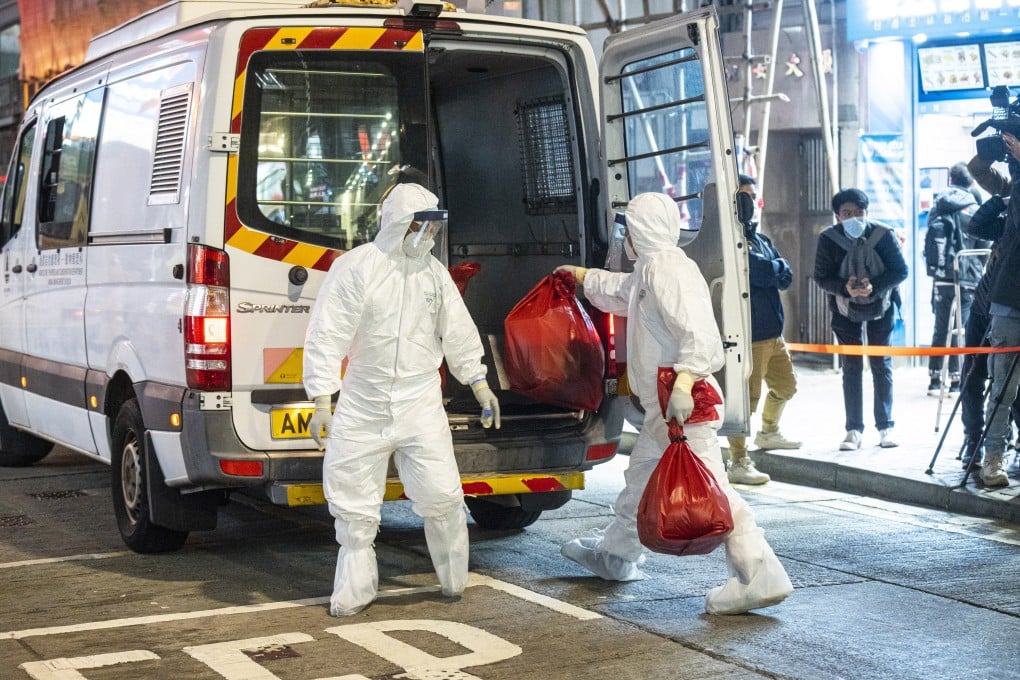Advertisement
Coronavirus: no takers for Hong Kong hamster alarm at Shenzhen pet stores as WHO says risk of animals reinfecting humans low
- WHO says risk of animals giving Covid-19 back to humans is low, as Hong Kong orders a cull of some 2,000 imported hamsters over fears of such transmission
- Shenzhen pet shop employee says Hong Kong situation has had little impact across the border, as all hamsters sold there are locally bred
Reading Time:3 minutes
Why you can trust SCMP
31

Despite alarm in Hong Kong over hamsters from a pet store testing positive for Covid-19, there has been little impact on the pet business in mainland China.
This comes as the World Health Organization said the risk of animals reinfecting humans with Sars-CoV-2, the coronavirus behind Covid-19, remained low.
“We understand there are a number of species that can be infected with Sars-CoV-2. There’s the possibility [of] a reverse zoonosis [that] goes from humans back to animals, and then it’s possible for the animals to reinfect humans. That risk remains low,” the WHO’s Covid-19 technical lead, Maria Van Kerkhove, told a virtual media briefing on Tuesday.

“But it is something that we are constantly looking at because, what we don’t want … [is that the virus] has the opportunity to infect people as well as animals,” Van Kerkhove said in response to a query about hamsters being culled over Covid-19 fears.
Better global surveillance was needed to understand which animals were susceptible and to track infections in animals over time, she added.
Hong Kong on Tuesday decided to cull thousands of hamsters over fears of the first animal-to-human coronavirus transmission in the city. Pet owners and shops have been asked to hand over some 2,000 hamsters imported in two batches since December 22. Officials said the animals would be tested before being put down.
The cull order came after 11 samples taken from hamsters in a pet store in the commercial district of Causeway Bay came back positive. A shopkeeper and a customer were infected with the Delta variant.
Advertisement